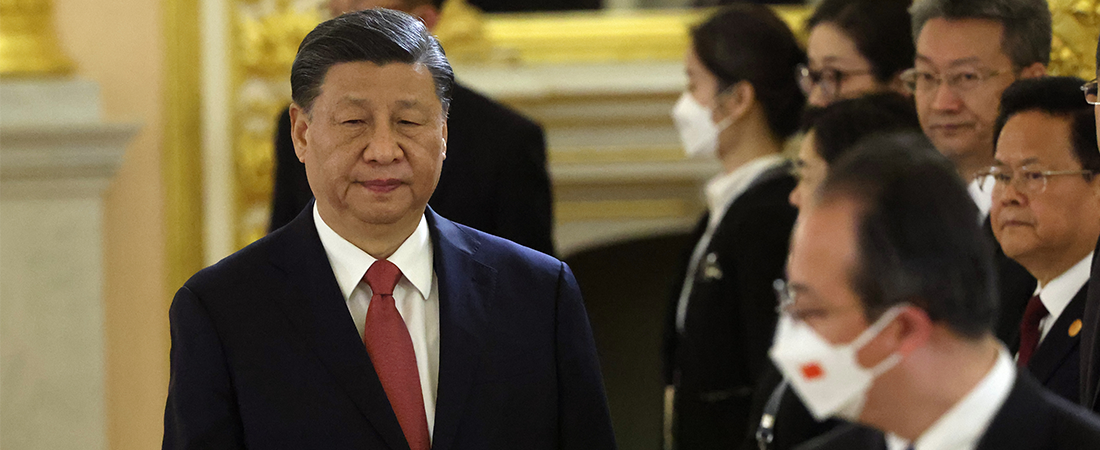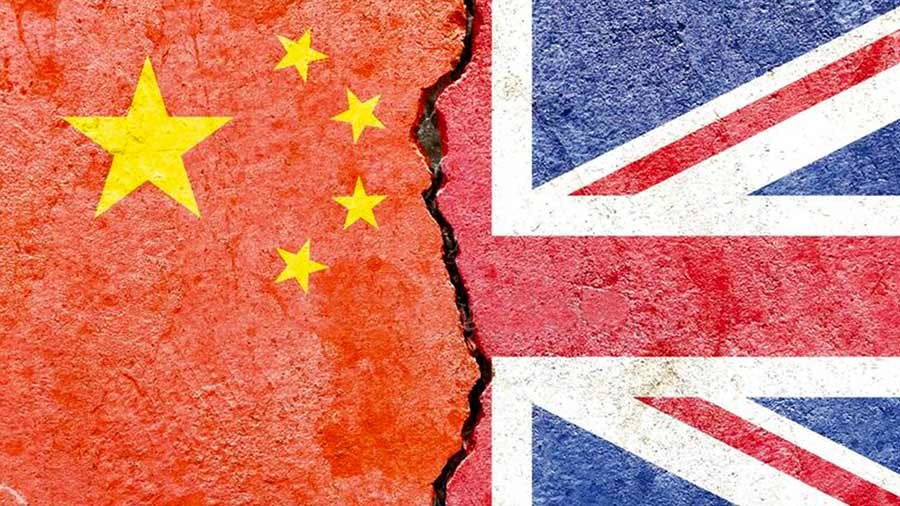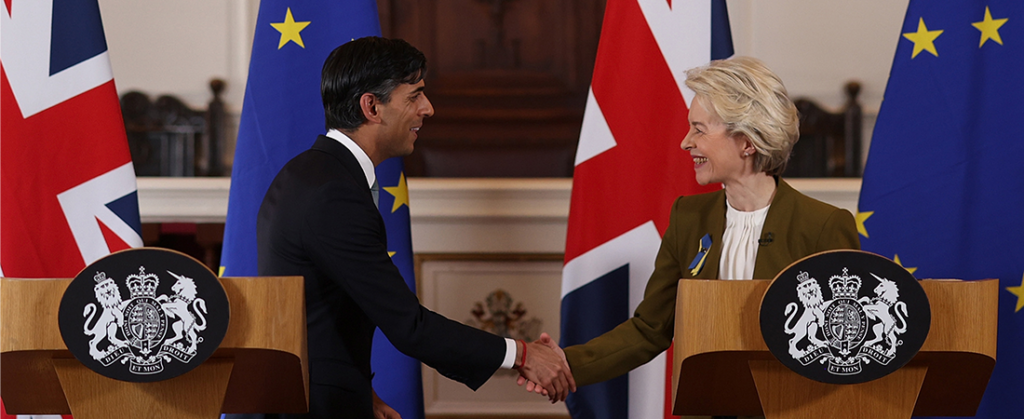Whilst UK-China relations have not worsened excessively over recent months, there are increasing instances of tension. Just looking at the news in the last few months, there have been UK Government bans on new Chinese security cameras, cancellations of a visit from the Governor of Xinjiang, and the banning of TikTok on UK Government phones.
The highly anticipated question was whether Prime Minister Rishi Sunak would go so far as to label China a “strategic threat” in the updated Integrated Review. Former Prime Minister Liz Truss had been keen on that categorisation, garnering support from the China hawks on the Conservative backbenches.
Sunak found himself in somewhat of a Catch-22: if he labelled China a strategic threat, he would get the backing of many in his party at a time of political difficulty. But this move would be a seismic shift in the relationship with China. If he did not label China a threat, he would maintain engagement with China on important issues, but attract criticisms of making the UK look soft.
Sunak went with the latter, but toughened up the language somewhat, labelling China an “epoch-defining and systemic challenge with implications for almost every area of government policy.” It did not cause a huge uproar in the party, but he nevertheless risks sitting in the middle of the road and getting hit by cars coming both ways.
He was helped by the position of the Americans, who last year described China similarly, as a “pacing challenge.” Going forward it is increasingly likely that the US and UK will be synchronised in their approach to China, and China hawks on his backbenches are strongly supportive of a closer UK-US security partnership. The recent UK Government TikTok ban is another example of this as it follows in tail the US ban on TikTok on federal government devices.
Although much of the coverage of Sino-British relations has been focussed on Conservative backbenchers, the view on China on the Labour Party benches is not dissimilar.
The Labour Party has also been broadly supportive of stronger action on China, with Shadow Foreign Secretary David Lammy saying that the party recognises “the scale and complexity of the challenge that its rise represents and the breadth of our interests that are at stake.”
As of the time of writing, the China story dominating world news is coverage of its emboldened diplomatic strategy, evidenced by President Xi’s meeting with Russian leader Vladimir Putin. This follows directly from China’s recent brokering of the restoration of ties between Saudi Arabia and Iran.
Many major publications have taken the meeting with Putin as a major sign of alliance from Xi, but this is likely mainly to boost China’s own self-interests as it enhances the benefits it receives from its relationship with Russia, most notably competitively priced energy supplies. China’s policy on Russia must toe the thin line of being close to Russia to keep the west away, but not too close to Russia that it attracts even more serious hostility. In particular, China would want to avoid any parallels drawn between the Russian invasion of Ukraine and its plans to “peacefully reunify Taiwan.”
Whilst China’s diplomatic growth is more of a soft power play that can be used to further its influence, observers should not take the moves lightly. The recent brokering of peace between Saudi Arabia and Iran is noticeably poignant considering Saudi Arabia has historically only worked with China on economic, not foreign policy. This is a new era for Chinese foreign policy. Saudi Arabia’s foreign policy was usually more aligned with that of the US. This could serve to further sour US-China relations as the US may see this as China stealing its strategic partners in an era when Biden’s relations with the Saudi regime have cooled.
Going forward, expect more twists and turns in the China story both in the UK and internationally. As stated by Sunak in the Integrated Review, the UK’s path with China is not on a “predetermined course.”
Just in November last year, there were unprecedented Covid protests in China that seriously threatened the Chinese leadership. Four months later, President Xi is centre stage again, locking hands with Russian leader Vladimir Putin. All eyes are on his next move.





